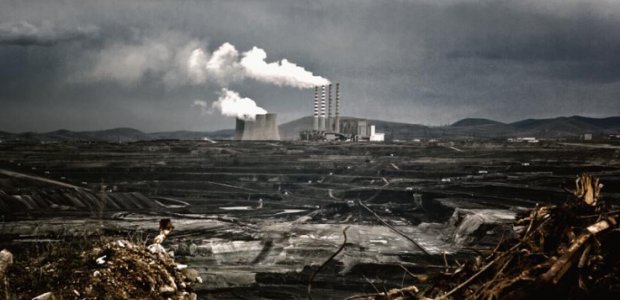The European Court’s rejection of an appeal made by main power utility PPC against an older European Commission decision that had condemned the utility for abuse of its dominant position in the lignite market increases the likelihood of greater concessions the utility will need to make.
Based on this latest development, the core issue is no longer about PPC providing third parties access to energy produced by the utility’s low-cost lignite and hydropower sources, as is being carried out through the just-introduced NOME auctions, but giving competitors direct access to these sources prior to energy production.
Older European Commission demands for the sale of certain PPC power stations and coal mines, a taboo subject until now, can be expected to be brought back to the negotiating table by Greece’s creditors, which include the European Commission.
The role to be played by the bailout-required NOME auctions in the Greek electricity market’s ongoing liberalization stands to be diminished. Greater emphasis will now most likely be placed on the sale of PPC energy production units and sources. The sidelined but not forgotten “Little PPC” plan, entailing the utility’s part-privatization, or a variation of it, will be brought back to the fore by the European Commission.
The European Court’s rejection of the PPC appeal was discussed at a meeting yesterday between Greek energy minister Giorgos Stathakis and creditor representatives. According to sources, Greek officials now contend that the verdict lessens the significance of the NOME auctions. Local officials and the creditor representatives are currently locked in negotiations over the level of electricity amounts that need to be offered through the NOME process. The creditors are pushing for increased amounts. A diminished NOME role in the electricity market’s liberalization can be expected to be offset by stricter demands on PPC.
The NOME auctions are seen as a transitionary tool until PPC’s retail electricity market share has fallen to below 50 percent, which is expected by 2020. Looking ahead, if PPC starts regaining a part of its lost market share following 2020 the European Commission can certainly be expected to demand the sale of PPC units. This could also be the case in the immediate future if the NOME auctions fail to produce the needed results.
The European Commission’s decision condemning PPC for abuse of power had been delivered in 2008 but has not been followed up by firm action as a result of the various electricity market revisions at play.
The Greek State’s legal officials and PPC will now need to seek solutions that cannot be too different to the “Little PPC” demand made by Brussels in the past. Options could include the opening up of new coal mines to be controlled by private-sector energy companies or even PPC’s sale of existing mines and lignite-fired power stations.





